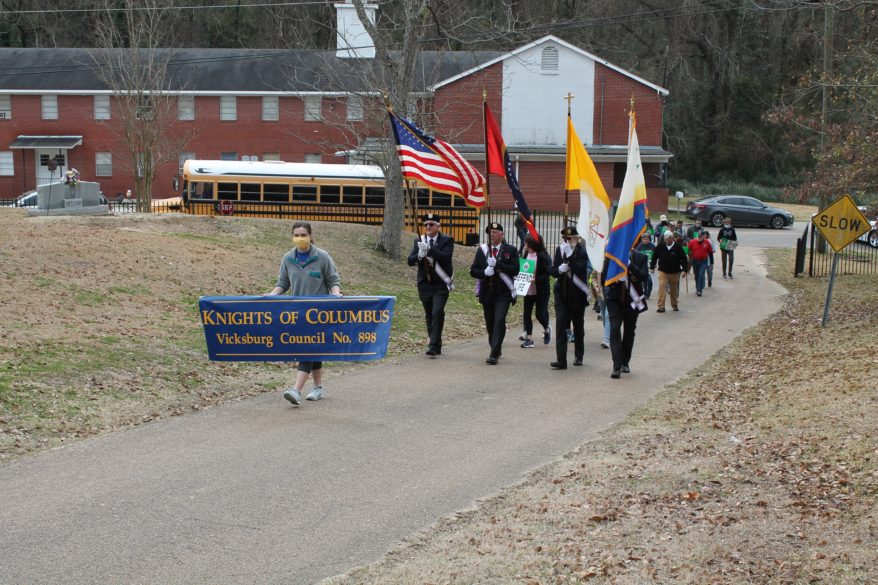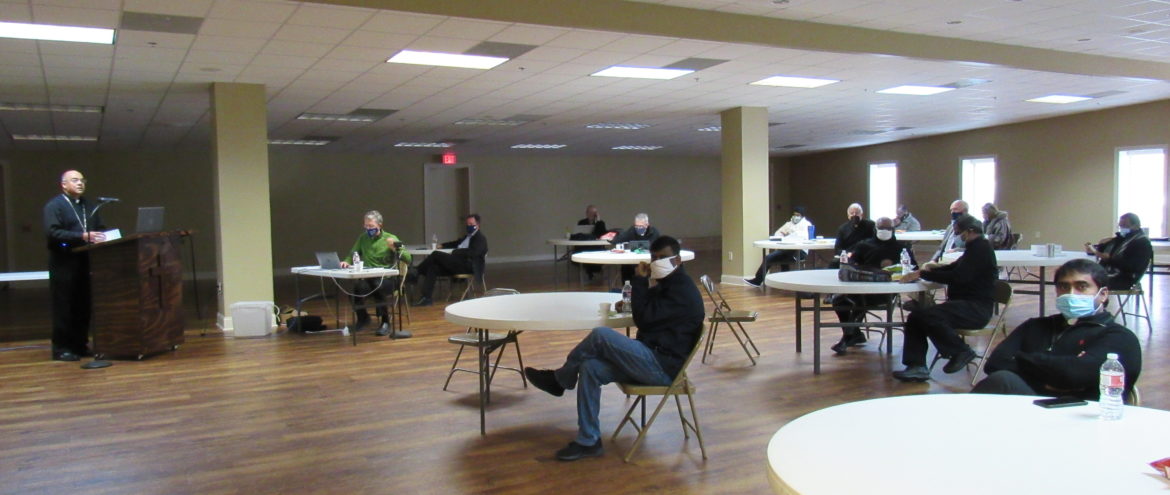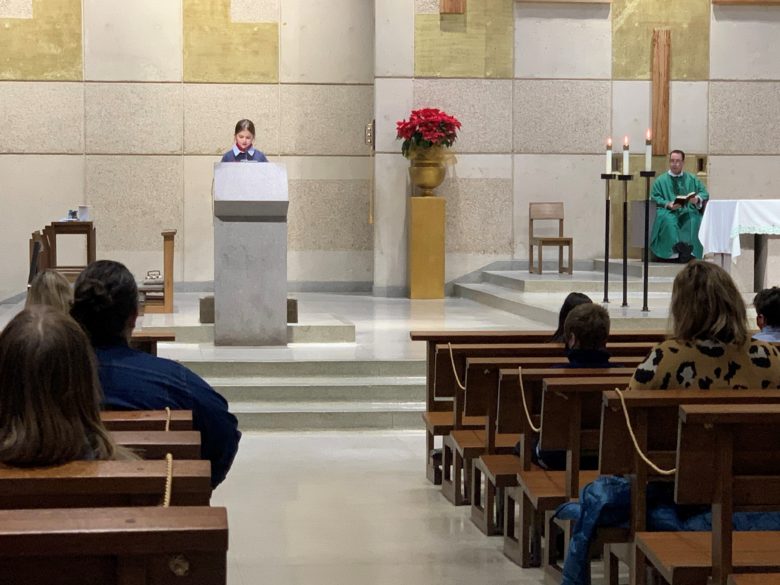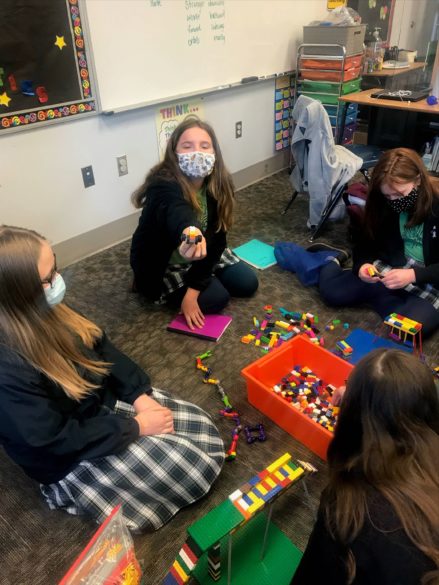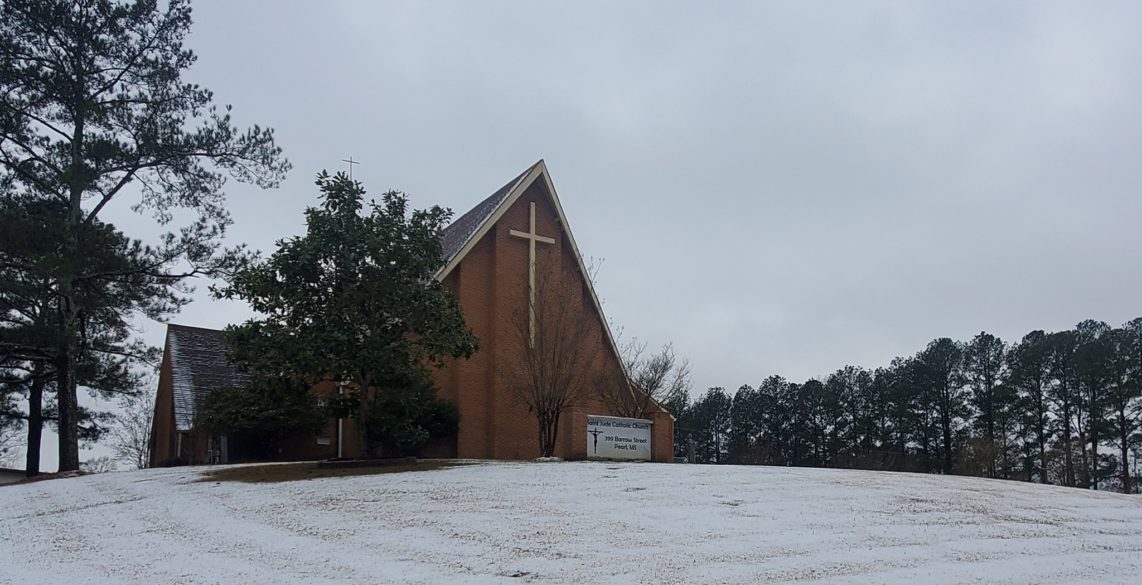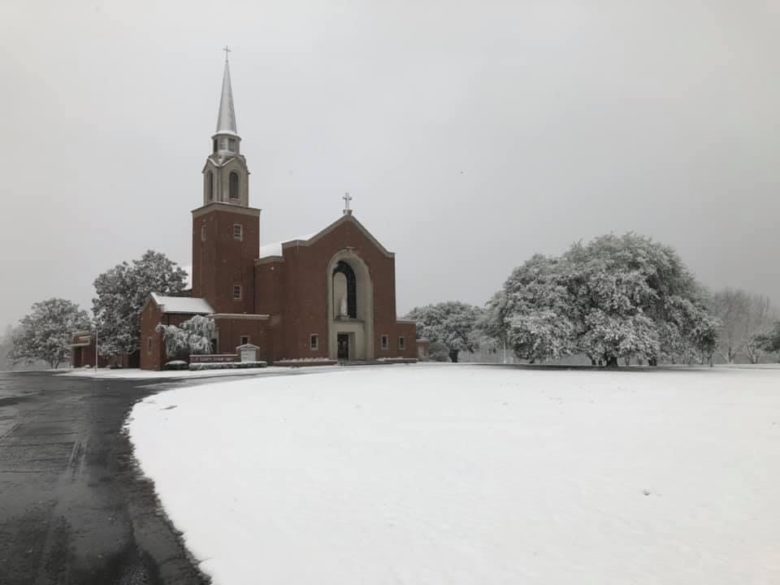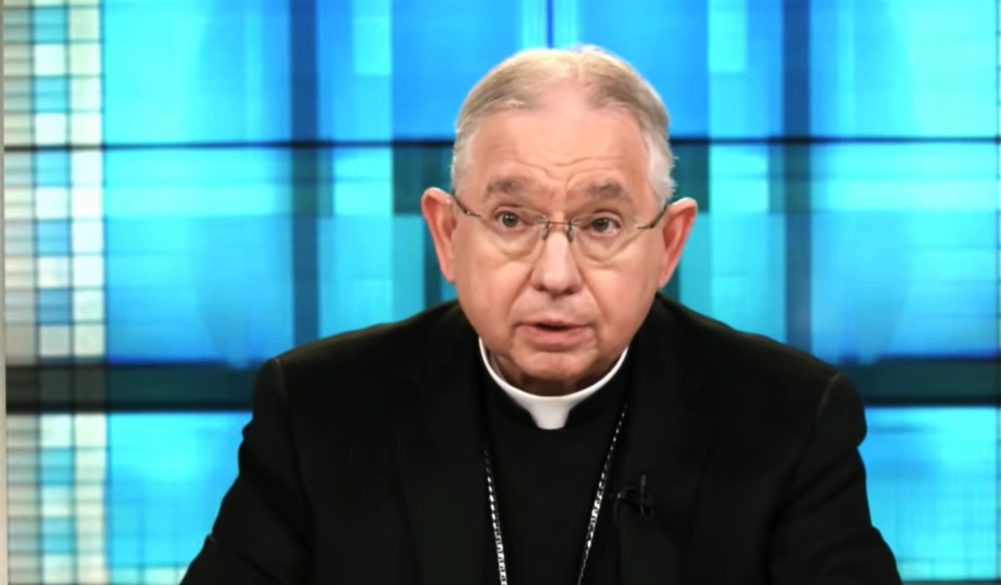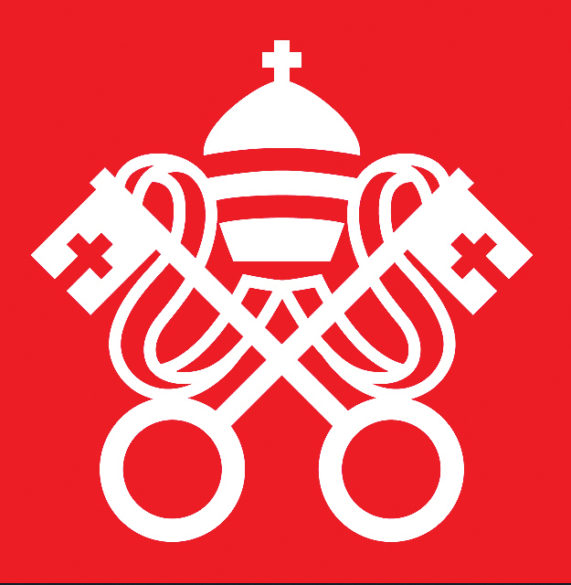FRANKLIN, WISCONSIN – Slightly after 1p.m. on Jan. 23, Father Bob Tucker, SCJ, died. He was 68. Originally from Detroit, Michigan, he was professed in 1975 and ordained in 1982.
In recent years, Father Bob had struggled with a respiratory disorder that led to a lung transplant last July. He was unable to fully recover from the transplant and moved into palliative care shortly before his death. Father Quang Nguyen, SCJ (vice provincial superior), Father Jim Schroeder, SCJ, (a member of his community at Sacred Heart at Monastery Lake) and Mary Balistreri (province director of healthcare) were with him when he died.
Father Bob’s most recent assignment was with the province formation team. He was instrumental in overseeing the move of the program from Chicago to Sacred Heart Monastery in Hales Corners. Prior to that, much of his life was devoted to parish ministry.
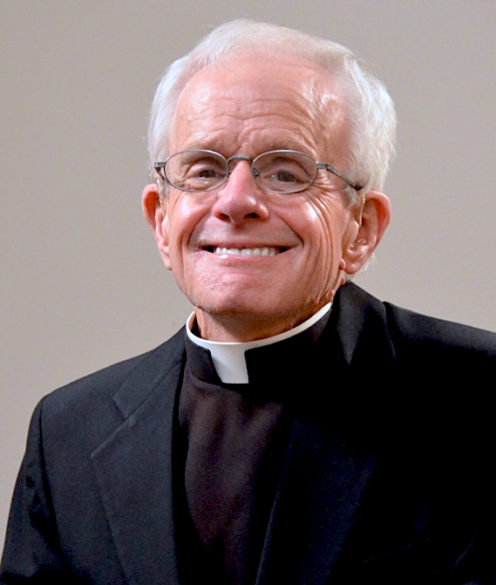
His first assignment was at St. Cecilia parish in San Antonio in 1982. From there he went to his hometown of Detroit, serving at his childhood parish of St. Rose of Lima. He also ministered in Milwaukee, and in Houston at St. Elizabeth Ann Seton and St. Matthew parishes. Before moving to Chicago, he served as a member of the pastoral team that serves much of northern Mississippi through Sacred Heart Southern Missions.
Since news of his death was made public, condolences and tributes have come in from around the world.
“I was a novice (for the British/Irish Province) with the SCJs in Detroit in the mid 1980s,” wrote Kevin Hogan. “I met Father Bob who was kind, generous and supportive, and was a great encouragement in seeking my vocation. Rest in peace.”
“I’m so sad to hear this,” wrote Jessica Bledsoe, a former parishioner. “Father Bob was the officiant at my wedding and he made such an impact on my husband and me.”
“I served with Bob at Sacred Heart parish in Franklin,” wrote former SCJ David Jackson. “Every Lent I remember that Father Bob organized the parish to present Drama of the Gospels for the Sundays. It is still the most powerful Lent I have ever had. Father Bob was short of stature, but bold in Father Dehon’s call to speak out.”
In 2017, Father Bob reflected on his vocation:
“My call to religious life was nourished by the Priests of the Sacred Heart who came to my home parish in the inner city of Detroit. It was then that my love for liturgy began to grow. I often reflect on the Gospel passage proclaimed when I took my first vows with the congregation 1975: ‘While Jesus was with them at table, he took the bread, said the blessing, broke it, and gave it to them. With that their eyes were opened and they recognized him… They said to each other, ‘Where not our hearts burning within us while he spoke to us on the way opened the scriptures to us?’ (Luke 24:31-32)”
“Throughout my 42 years as a member of the Priests of the Sacred Heart I have recalled and reflected on this passage often. I see in this passage what our baptism and our life as SCJs calls us to do; that is to listen and to reflect on God’s Word speaking to our hearts. In order that we may come to know Jesus in the breaking of the bread. Recognizing Jesus in the breaking of the bread sends us forth to be prophets of love and servants of reconciliation.”
“As a priest, I have had the pleasure of celebrating the wonder of the love of the heart of Jesus in the celebration of the Mass. I have ministered as a priest in San Antonio, Detroit, Milwaukee, Houston and in northern Mississippi.”
“It is a privilege to be with our religious students and candidates in their journey as they discern their calling in life to be a member of the Congregation of the Priests of the Sacred Heart. My hope is that we will discover hearts burning within us as Christ speaks to our hearts and that we will come to know him in the breaking of the bread and to know him in the faces of our brothers and sisters. Because, as Number 82 in our Constitutions challenges us: ‘the Eucharist has its effects on all that we are and do… and who unceasingly throws us back onto the streets of the world in the service of the Gospel.’”
Funeral services were held on Saturday, Feb. 6 at Good Shepherd Chapel in Hales Corner, Wisconsin.


